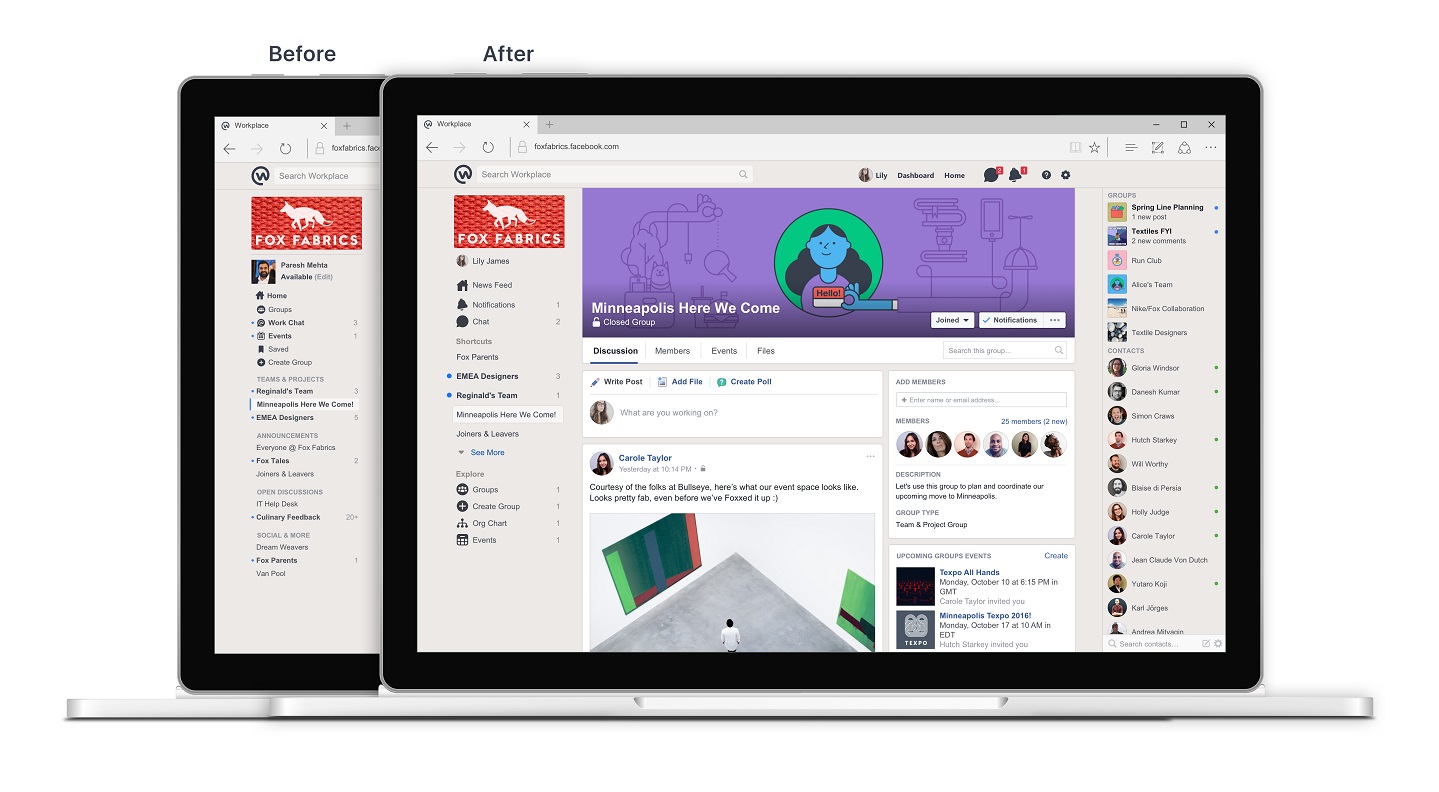![A breast cancer diagnosis doesn't necessarily mean the end of your breastfeeding journey [MDAnderson] A breast cancer diagnosis doesn't necessarily mean the end of your breastfeeding journey [MDAnderson]](https://static.netnaija.com/i/Dxaw1yVrKPZ.webp)
For breastfeeding mothers facing breast cancer, the question isn't 'can you?' but 'how?'
Breast cancer, a condition characterised by the uncontrolled growth of cells in the breast, is a concern for many, but it becomes particularly difficult for breastfeeding mothers.
It's important to understand that breast cancer can occur in various stages, from early detection to more advanced forms. Early detection often leads to a broader range of treatment options and a higher chance of successful management.
Breast cancer affects the breast tissues, which are integral to milk production and breastfeeding. The diagnosis of breast cancer doesn't necessarily mean an immediate end to breastfeeding, but it does call for a careful assessment of the situation. Medical professionals emphasise that each case is unique, and decisions should be made on an individual basis.
Breastfeeding challenges
For a new mother, breastfeeding is not just a means of providing nutrition; it's a bond with the baby. However, when breast cancer enters the picture, this experience can be overshadowed by numerous challenges. Breast cancer treatments, such as surgery, chemotherapy, or radiotherapy, may directly impact the breast's ability to produce milk.
Furthermore, certain medications used in treatment can be transmitted through breast milk and are not recommended for the baby.
Medical professionals caution that breastfeeding from a breast affected by cancer might not be possible or safe. However, in cases of early-stage cancer or unilateral cancer (cancer in one breast), breastfeeding might still be feasible. It's crucial to have an open and honest discussion with a healthcare provider to understand the risks and make an informed decision.
Alternatives to breastfeeding
When breastfeeding is not a viable option due to breast cancer, it's essential to explore alternative ways to nourish and bond with the baby. Formula feeding is a common and nutritious alternative, providing all the necessary nutrients for a baby's growth and development. Additionally, donor breast milk, obtained through certified milk banks, can be a safe alternative, offering many of the same benefits as mother's milk.
For mothers who are able to produce milk in one breast, partial breastfeeding or combination feeding (breast milk supplemented with formula) might be possible. These alternatives ensure that the baby's nutritional needs are met while also providing flexibility and peace of mind for the mother.
















Comments